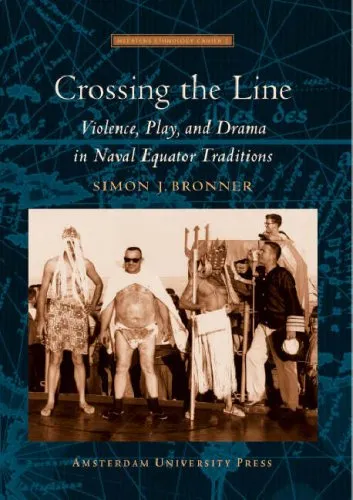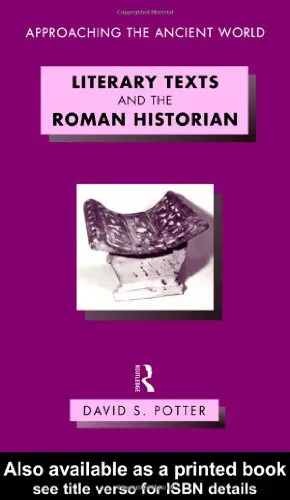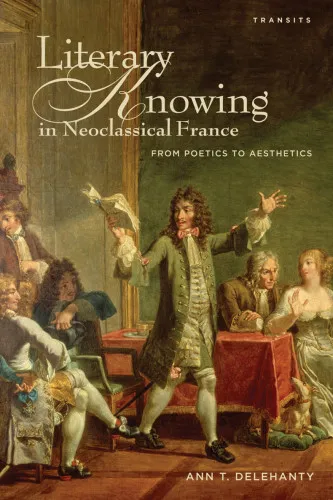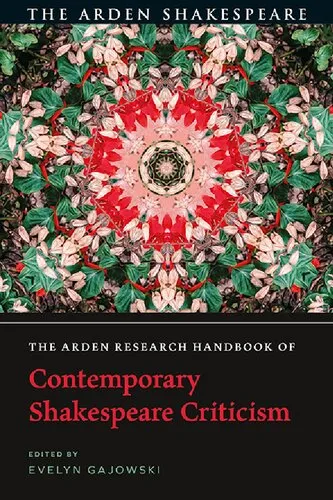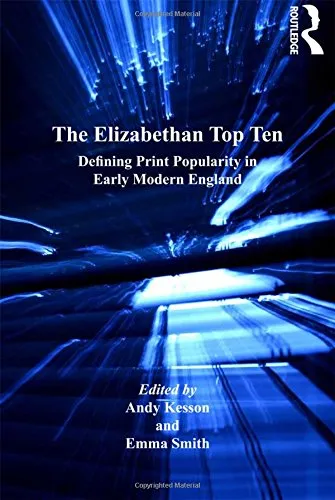The Relations of Shirley’S Plays to the Elizabethan Drama
3.0
Reviews from our users

You Can Ask your questions from this book's AI after Login
Each download or ask from book AI costs 2 points. To earn more free points, please visit the Points Guide Page and complete some valuable actions.Related Refrences:
Persian Summary
Introduction
Welcome to an exploration of James Shirley's theatrical contributions as presented in the critical analysis titled The Relations of Shirley’s Plays to the Elizabethan Drama. This book serves as an essential discourse into how Shirley's plays perpetuated and reinvented the theatrical traditions established in the Elizabethan era. As a distinguished writer and scholar, Robert Stanley Forsythe delves into the intricacies of Shirley’s dramatic oeuvre, highlighting the interplay between Shirley’s work and the larger Elizabethan dramatic canon.
This analysis is pertinent not only for scholars and students of English literature but also for anyone interested in understanding the evolution of early modern drama. The book intricately showcases Shirley's unique position as a dramatist who bridged the golden age of Elizabethan theater with the transformations of the Caroline stage.
Summary of the Book
In The Relations of Shirley’s Plays to the Elizabethan Drama, Forsythe meticulously examines Shirley's plays in the context of their relationship with earlier Elizabethan works. He sets out to reveal the subtle and overt influences of Shakespeare, Marlowe, Jonson, and others on Shirley's plays. Despite being written after the Elizabethan period, Shirley's plays are examined for their adherence to, and deviation from, the traditions forged by his predecessors. Forsythe categorizes these relationships into emulation, adaptation, and innovation, and discusses how Shirley's adaptations of themes and stylistic elements brought about new dramatic expressions.
The book covers a wide range of Shirley’s plays, offering insights into how specific genres, character archetypes, plots, and themes were either perpetuated or transformed. Forsythe further investigates the influence of socio-political contexts on Shirley’s works and their reception by contemporary audiences.
Key Takeaways
- Shirley seamlessly wove traditional Elizabethan elements with new trends, establishing him as a pivotal figure in the transition to Caroline drama.
- The book recognizes Shirley’s ability to adapt complex themes from predecessors, resulting in a renewed theatrical language.
- Forsythe’s analysis demonstrates how socio-political shifts influenced Shirley's work and its deviation from, or adherence to, traditional forms.
- It highlights the importance of understanding historical context when analyzing Shirley's place in theatrical history.
Famous Quotes from the Book
"Shirley’s craft is a tapestry of inherited traditions and innovative flair, weaving the past into the fabric of the future stage."
"In examining Shirley, we find the convergence of art and history, where old conventions meet the urgency of new expression."
Why This Book Matters
Forsythe's work is significant because it provides a comprehensive study of how artistic traditions are preserved and transformed across time. By focusing on James Shirley, a relatively underappreciated figure, the book invites readers to reassess the transition between Elizabethan and Caroline theater. This analysis encourages a deeper understanding of how playwrights respond to and innovate upon their predecessors' legacies. In essence, this book not only enriches our comprehension of Shirley’s contributions but also broadens our appreciation for the continuous evolution of drama as a reflection of societal change.
Ultimately, The Relations of Shirley’s Plays to the Elizabethan Drama offers valuable insights into the complexities of theatrical development and underscores the importance of historical context in the appreciation of literary and dramatic works.
Free Direct Download
You Can Download this book after Login
Accessing books through legal platforms and public libraries not only supports the rights of authors and publishers but also contributes to the sustainability of reading culture. Before downloading, please take a moment to consider these options.
Find this book on other platforms:
WorldCat helps you find books in libraries worldwide.
See ratings, reviews, and discussions on Goodreads.
Find and buy rare or used books on AbeBooks.
1433
بازدید3.0
امتیاز0
نظر98%
رضایتReviews:
3.0
Based on 0 users review
Questions & Answers
Ask questions about this book or help others by answering
No questions yet. Be the first to ask!


